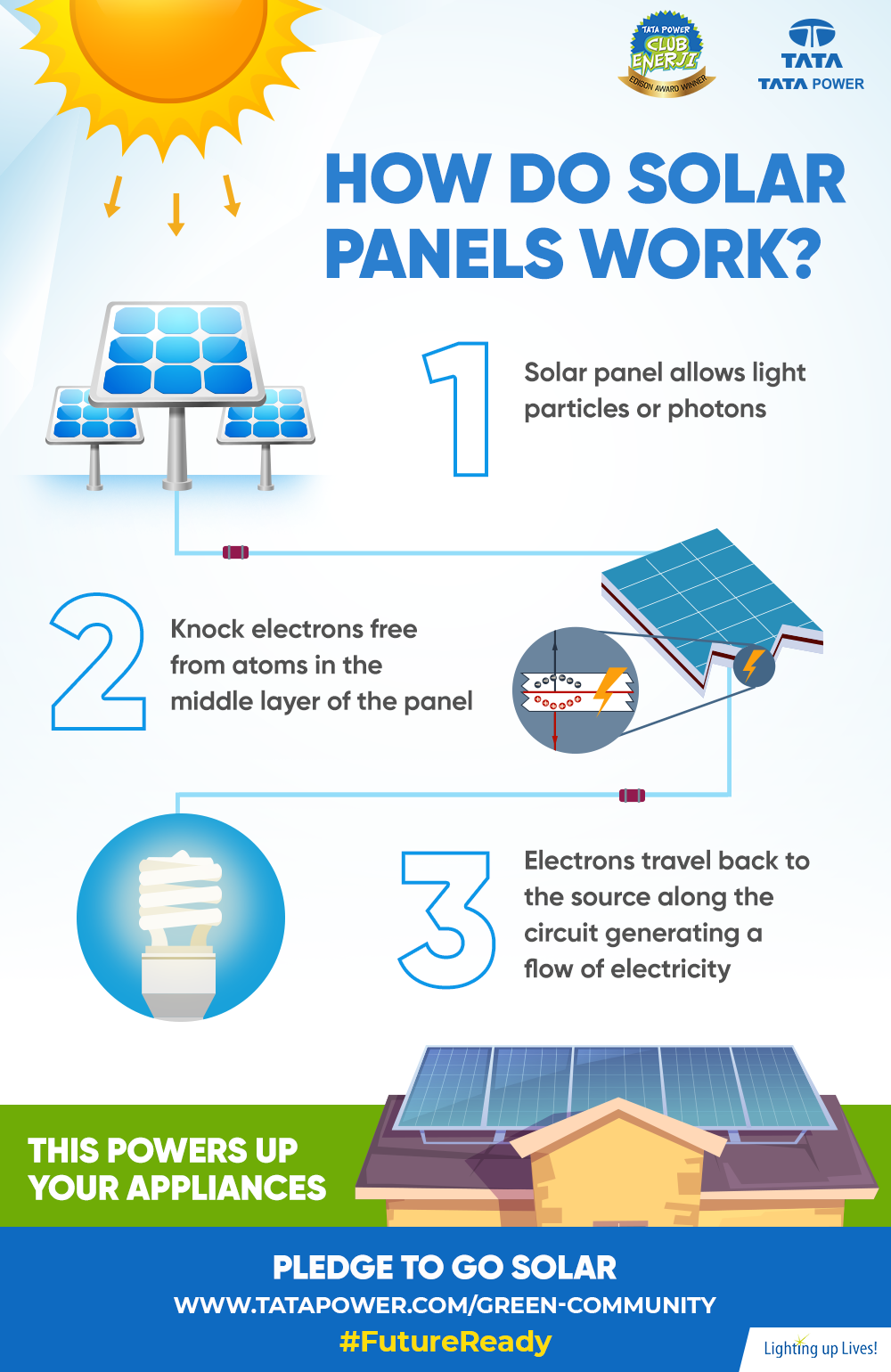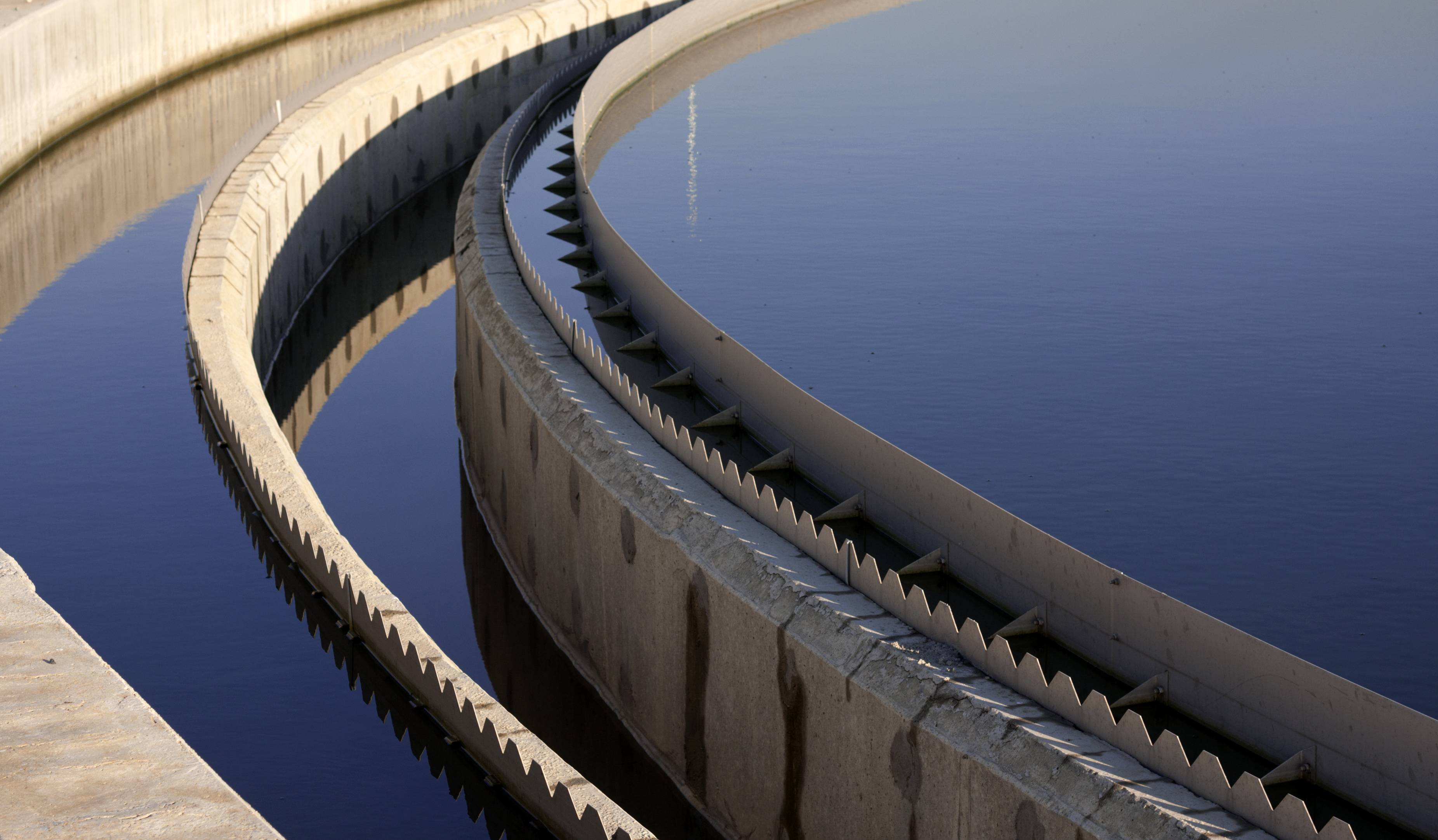
When it comes to choosing a battery backup for your home, there are many things to consider. You should know how much power the battery will provide and whether it will accommodate all your devices. You should also consider what type of outlet it will be using. Some backups use standard outlets while others use USB ports or special plugs. A backup's battery life is another important aspect. The battery's life expectancy is the most important factor.
Yeti Tank Expansion batteries
You can integrate a Yeti Tank expansion battery with your home circuits. The battery is not included with tank. This battery is rechargeable in approximately 11 hours. It also comes with an LED charging indicator. It has a 12V - Lead Acid (AGM) rating and measures 15" x 7" x 10.5". It is 77.1 pounds in weight.
The Yeti Tank Expansion Battery connects via the Yeti X or Yeti Lithium Power Station to provide 1.2 kWh additional energy storage. It also includes an interface module to connect to an alternator on a vehicle. Both Yeti Tanks may be used together to produce a 2.4 kWh power system.
Solar generators
The power rating and battery size are important factors when choosing a sun-power generator. A generator with a low rating for power will produce less power for shorter periods of time. On the other hand, one that has a high capacity will produce more power for longer periods. Power is measured in watts, or watts-per-hour.

There are two types, lithium-ion or lead acid. The more common and less expensive type of battery is lead acid. They provide more power but aren't as light as lithium ion batteries. Lithium-ion battery have a greater discharge capacity than lead acids and are becoming more affordable.
Powerwall
The Tesla Powerwall battery provides uninterrupted power for your home during outages. The device won't shut off appliances during a blackout like an automatic generator. It's also very eco-friendly, since it doesn’t make loud or emit exhaust fumes. Additionally, it doesn't require any care or maintenance. The battery's capabilities go beyond protecting a home's appliances. The Powerwall is versatile and can be used for many purposes, including protecting food and life-saving medical equipment.
Tesla designed the Powerwall to store upto 13.5 kWh. This power supply can keep essential systems running for up to days. You can also store excess power from solar panels. It's a cost-effective and efficient way to lower your electric bill while also helping the environment.
Backup systems with AC-coupled batteries
Home battery backup systems have come a long way over the past few decades, and battery technology is improving every year. Recent advances in solid-state batteries have the potential to make these systems much cheaper and more widely available. These systems could one day become as common in homes than running water or air conditioning.
AC-coupled backup batteries have the main benefit of working with existing solar panels. While the battery bank doesn't need to be enormous, it should still be large enough for critical loads to be powered during an outage. It must be the right size to support your home's backup.

Orison batteries
The Orison Battery is the latest in home battery energy storage. The Orison battery was created over two years. It was successfully launched via Kickstarter in 2016. The company set a goal of $50,000 to raise $350,000 and the project was successful. Since then, production units have been being developed and certified by the company. In August, the batteries are expected to start shipping to backers. They will be sold to consumers and utilities.
Orison's battery can store as much as 2.0 kWh of energy. It can power all electronics and appliances that are connected to it. It also comes with a Bluetooth speaker, a Bluetooth phone charger, and a Bluetooth speaker. The customizable skins allow it to be incorporated into your home's interior. The Orison home batteries has already doubled its Kickstarter goal in less than 40 days.